The Importance of Play
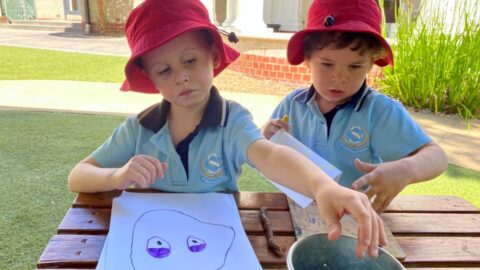
Play is the language of childhood. It is a universal activity that transcends cultural boundaries and holds profound significance in the development of young minds. Far more than mere amusement, play is a fundamental building block that contributes to the physical, social, emotional, and cognitive wellbeing of children.
Through play, children are provided with the opportunity to interact with others, fostering the development of essential social skills. They learn to share, take turns, negotiate, and resolve conflicts. Moreover, imaginative play allows them to explore and express a range of emotions, contributing to the development of emotional intelligence.
Play serves as a powerful tool for cognitive development. Whether it is constructing a tower with building blocks or engaging in imaginative play, children are constantly refining their problem-solving skills, enhancing spatial awareness, and developing the ability to plan and organise their thoughts.
Active play, such as running, jumping, and climbing, promotes physical health and enhances gross motor skills. Fine motor skills are also honed through activities like drawing, threading beads, or manipulating small objects. These physical experiences contribute to the overall development of coordination and strength.
Play is a natural outlet for creativity and imagination. Whether children are pretending to be characters, creating a make-believe world, or experimenting with art materials, play encourages them to think outside the box. This fosters creativity and lays the foundation for innovation in later years.
Children’s stress levels are lowered when engaging in play experiences. It allows them to unwind, release pent-up energy, and relax. Engaging in play also provides an outlet for emotional expression, helping children manage stress and build resilience.
Play is a rich context for language acquisition. Whether engaging in dramatic play, telling stories, or interacting with peers, children are constantly exposed to new words and concepts. This language-rich environment enhances vocabulary, communication skills, and lays the groundwork for future literacy.
The importance of play cannot be underestimated. It is an integral aspect of early childhood development. It contributes to the formation of well-rounded, resilient individuals by nurturing cognitive, social, emotional, and physical skills. Recognising and prioritising the importance of play in a child’s life is key to fostering a strong foundation for lifelong learning and wellbeing.
-
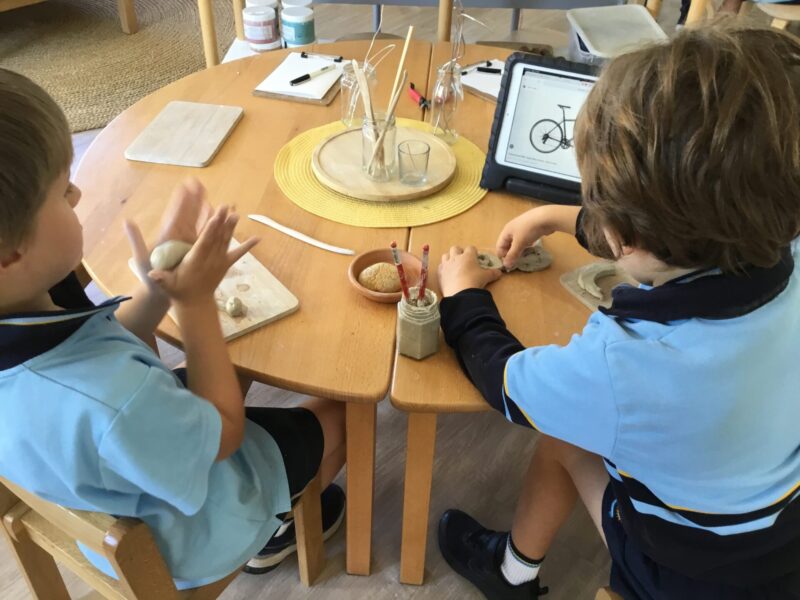
The importance of play
-
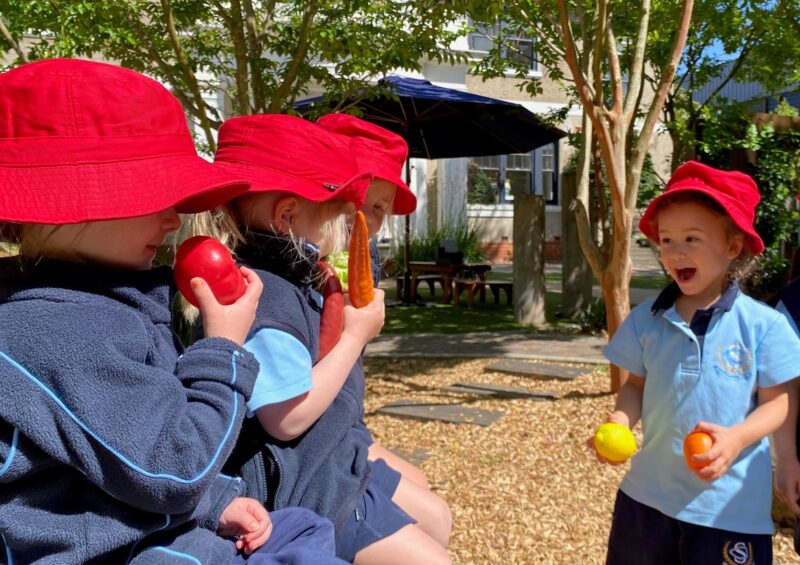
The importance of play
-
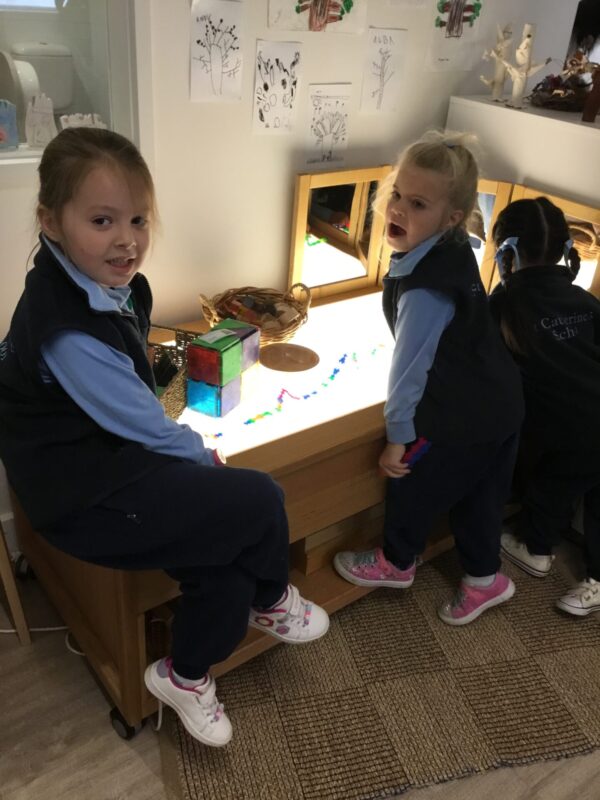
The importance of play
-
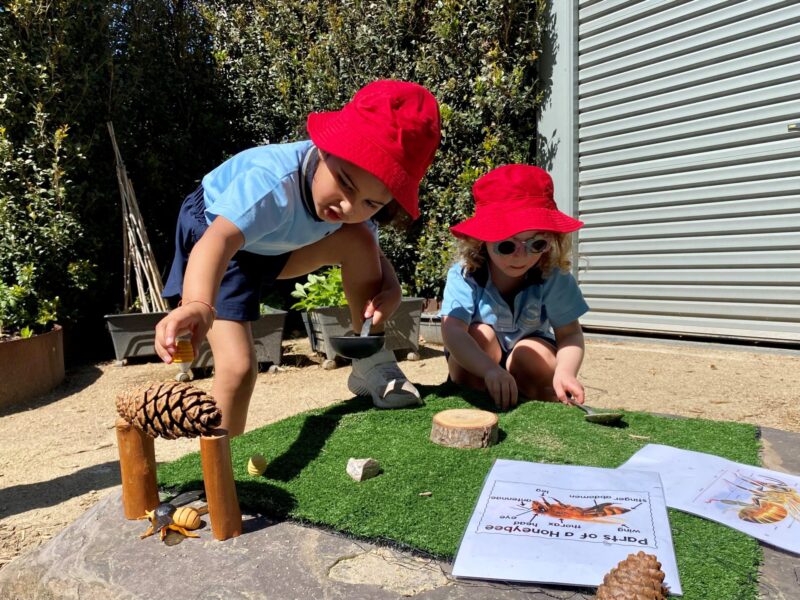
The importance of play
-
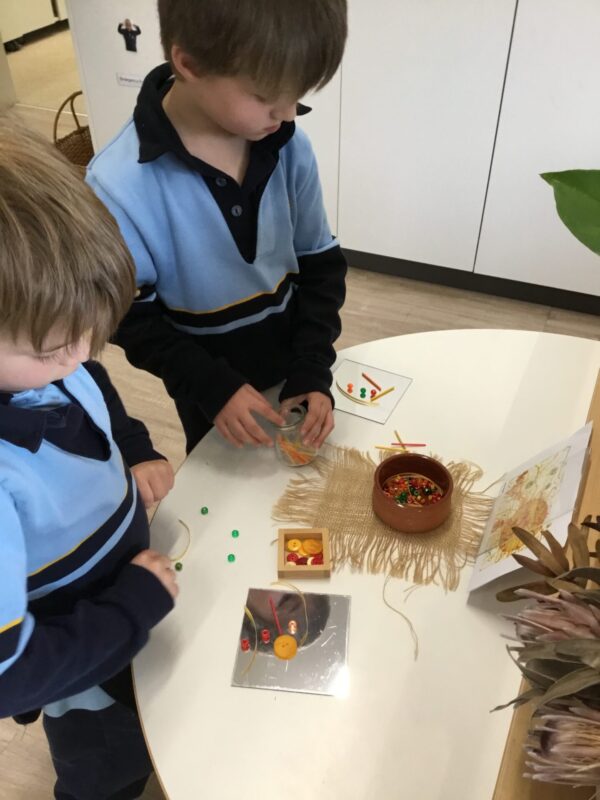
The importance of play
-
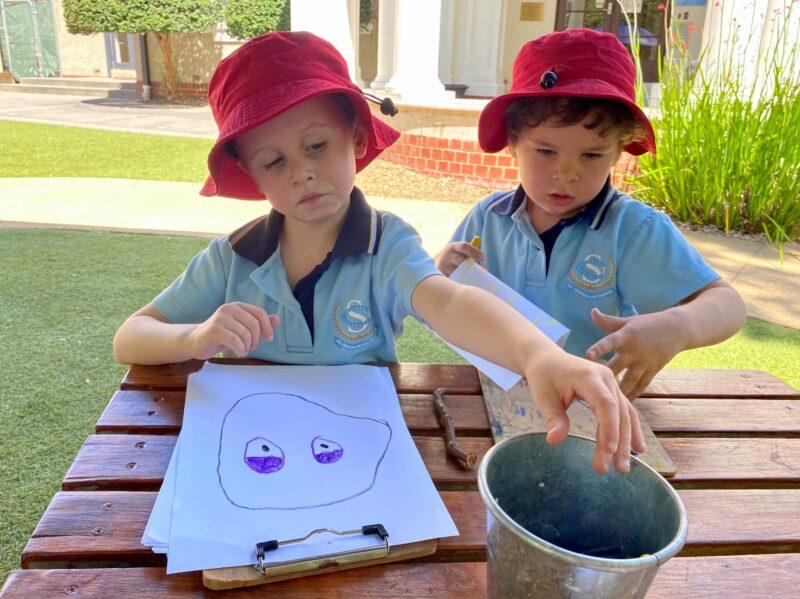
The importance of play
-
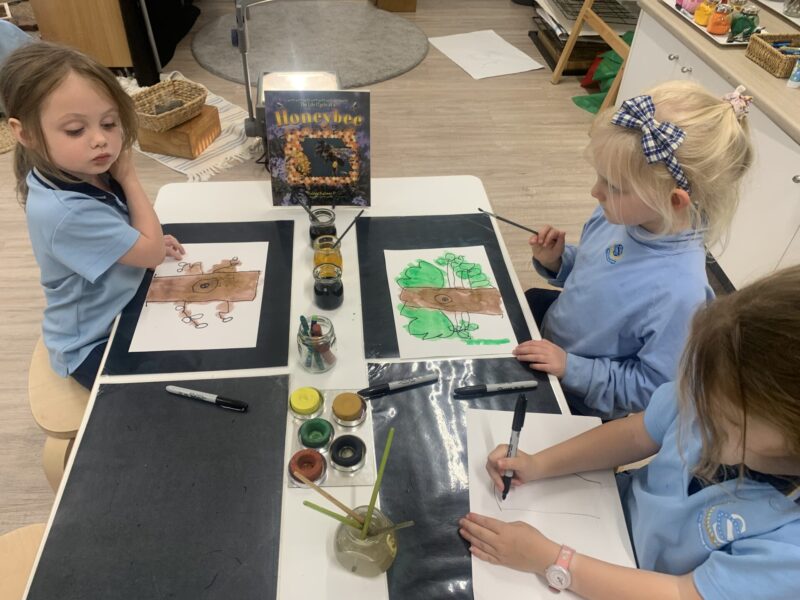
The importance of play
-

The importance of play
-

The importance of play
-
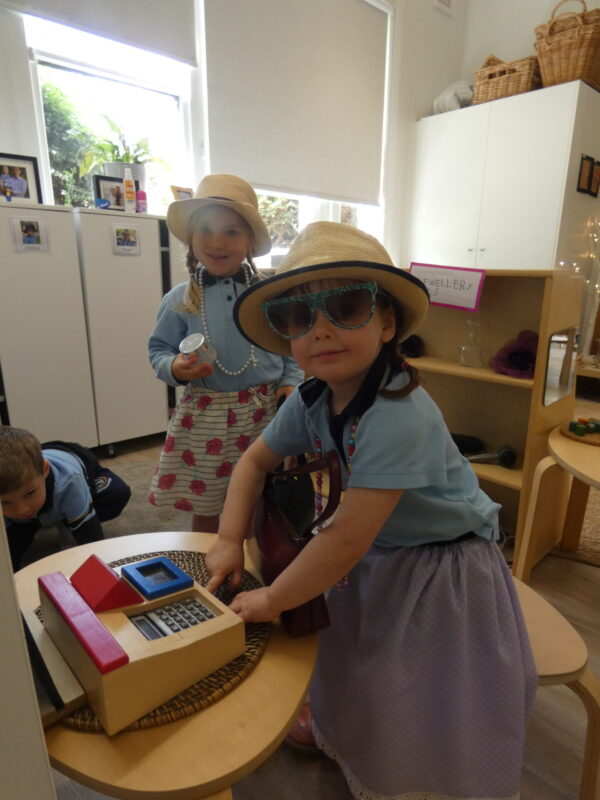
The importance of play
-
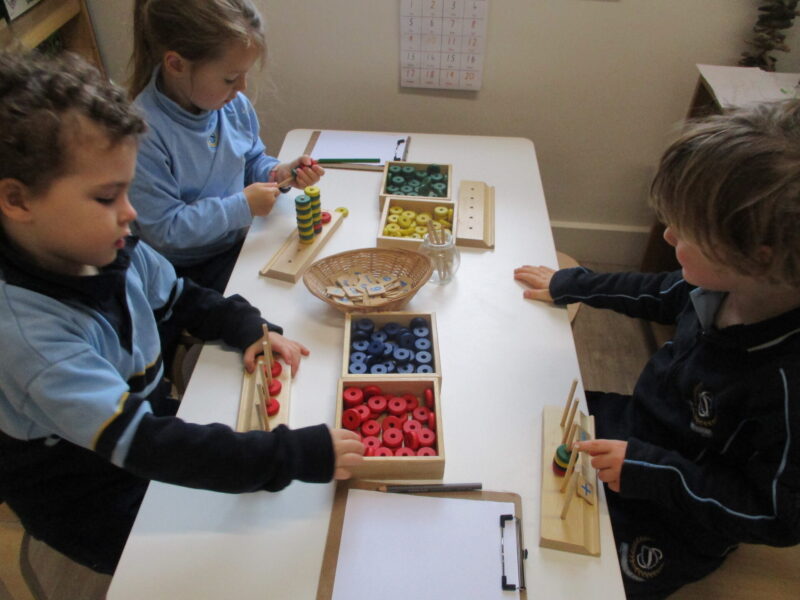
The importance of play
-
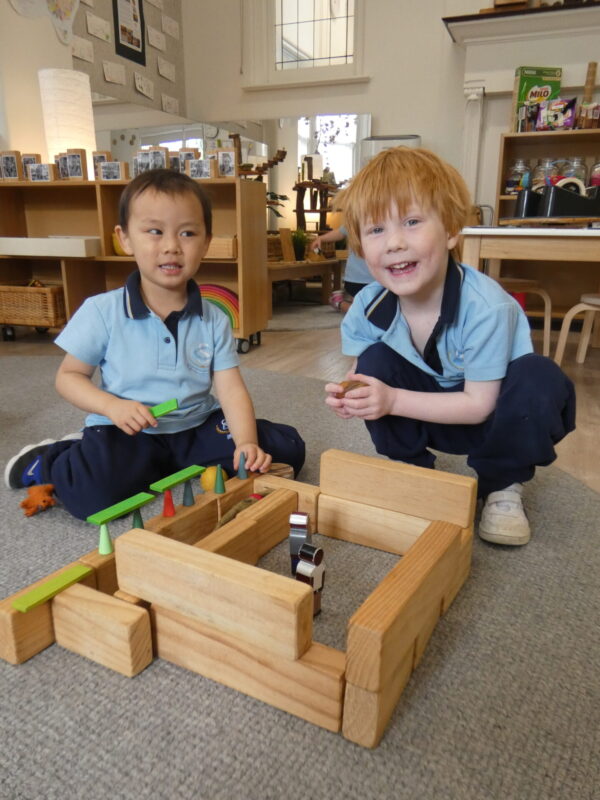
The importance of play
-
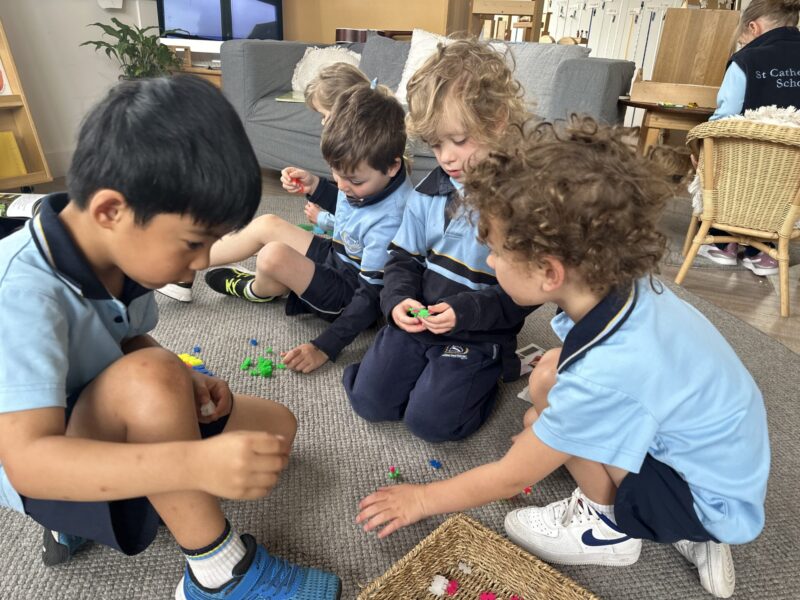
The importance of play
-
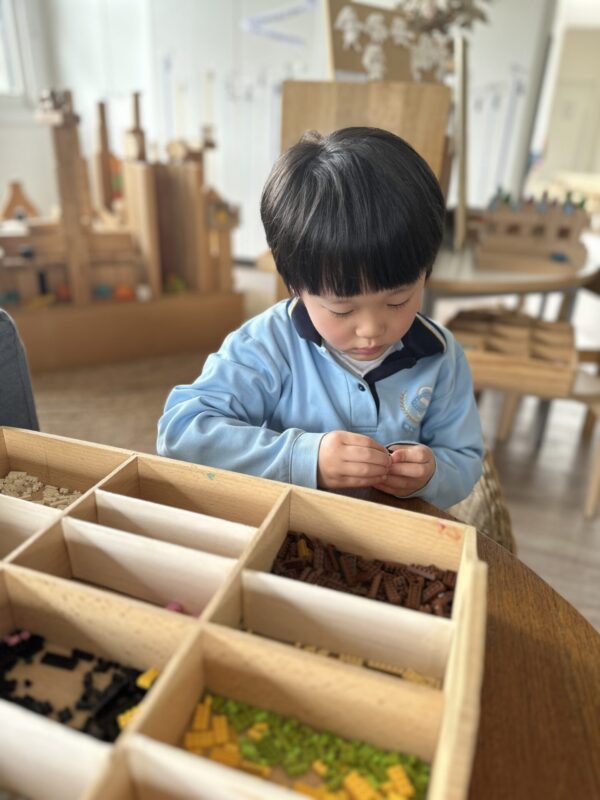
The importance of play
-
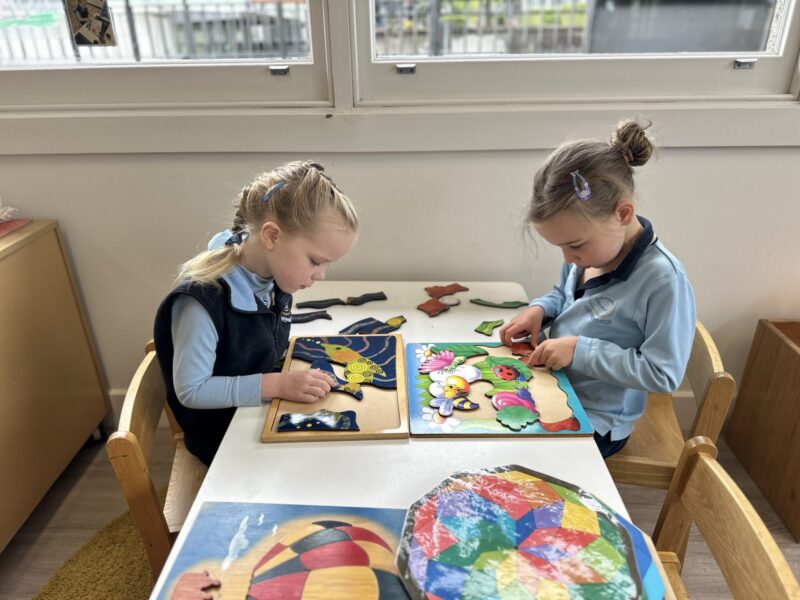
The importance of play
-
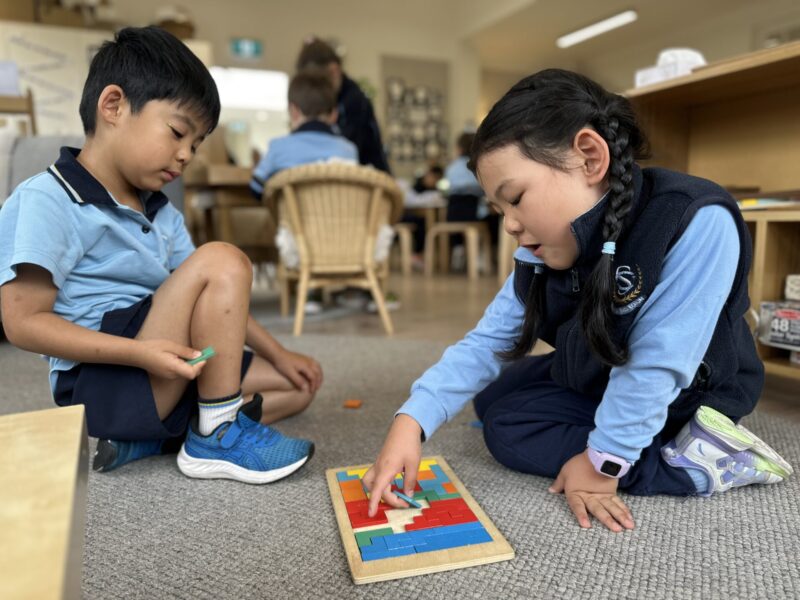
The importance of play


